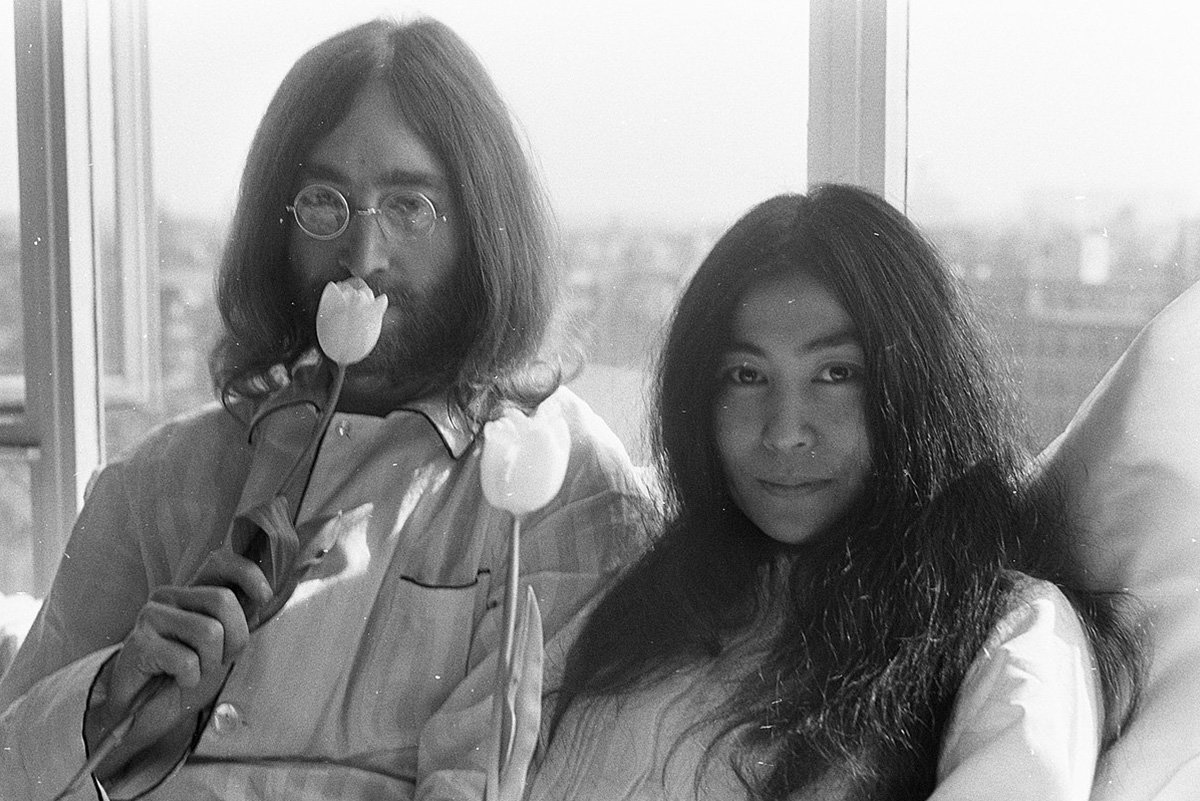
John Lennon and Yoko Ono staged a “bed-in” from their hotel in Amsterdam while on their honeymoon in late March, 1969. The idea was to stay in bed, grow out your hair, and not go to war. Photo by Eric Koch, courtesy of Wikimedia Commons.
As thousands of Beatles fans sang impromptu choruses of “Give Peace a Chance” at political protests across the United States, the Nixon administration fumed at the effect singer John Lennon had on the younger generation. The 1972 election would be the first since Congress lowered the voting age from 21 to 18, and some politicians worried the popular musician might encourage young people to vote against the president.
In a concerted effort to ensure President Richard Nixon’s reelection, the FBI attempted to intimidate and deport the former Beatle and his wife, Yoko Ono.
Lennon was a founding member of the British rock band the Beatles, dubbed the greatest band of all time by Rolling Stone magazine. As “Beatlemania” surged across the Atlantic, each band member found himself the subject of gossip rags, tabloids, and paparazzi for the better part of a decade, extending after the band dissolved in 1970.
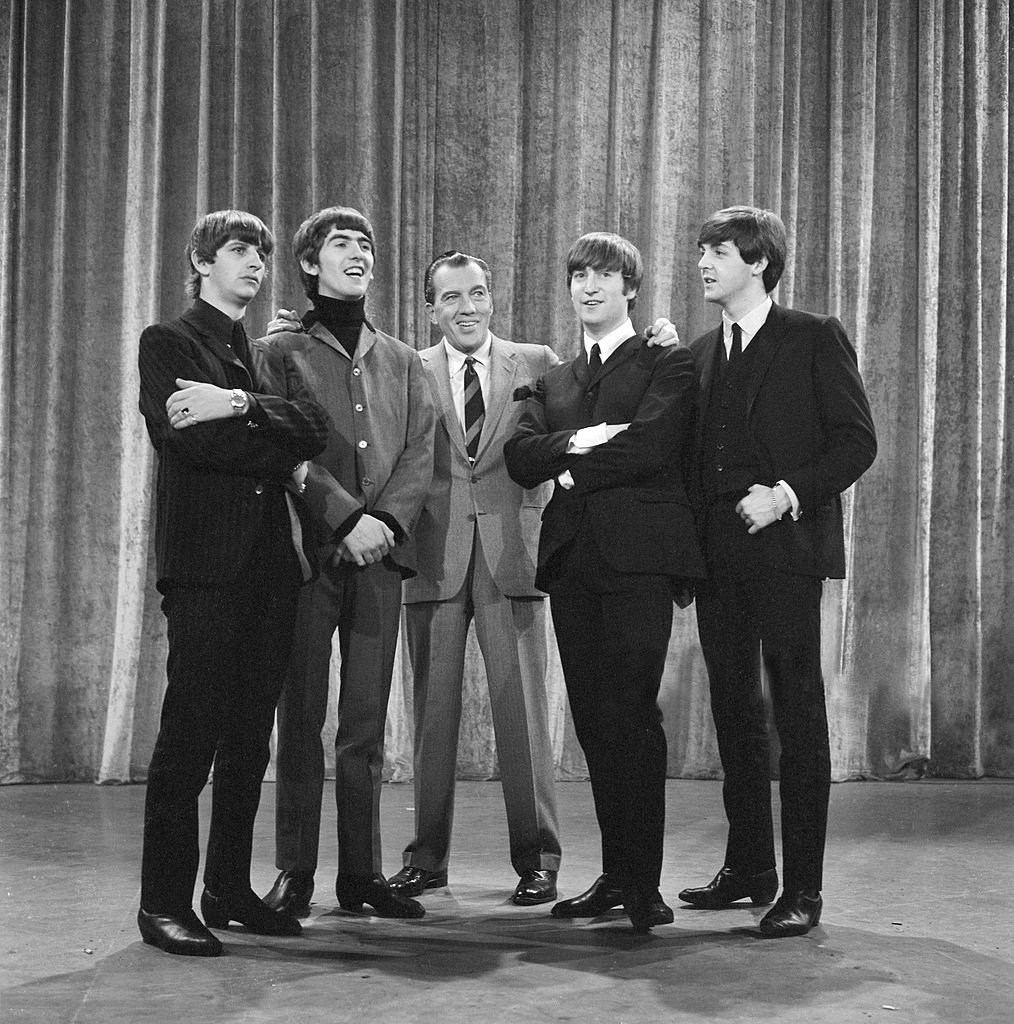
Ignoring the tabloids’ attempts to smear them as the reason for the band’s breakup, Lennon and Ono moved to the United States in 1971, hoping to settle as Americans in New York City.
During the tumult of the Vietnam War era, Lennon and Ono were self-proclaimed “peaceniks,” frequently criticizing Nixon and the war that affected Laos, Vietnam, and Cambodia. Lennon wrote several songs about peace and protest. The couple vocally declared their position on the political spectrum, using the paparazzi and reporters to their advantage, creating a publicity campaign for the peaceful anti-war movement in the United States. Many crowds at protests broke into spontaneous renditions of “Give Peace a Chance,” an anti-war song Lennon and Ono wrote together in 1969.
When Lennon and Ono began to make friends with several members of the “New Left” — a broad political movement that included advocating for civil rights, feminism, gay rights, and drug reforms — the FBI turned its attention to the musicians in earnest.
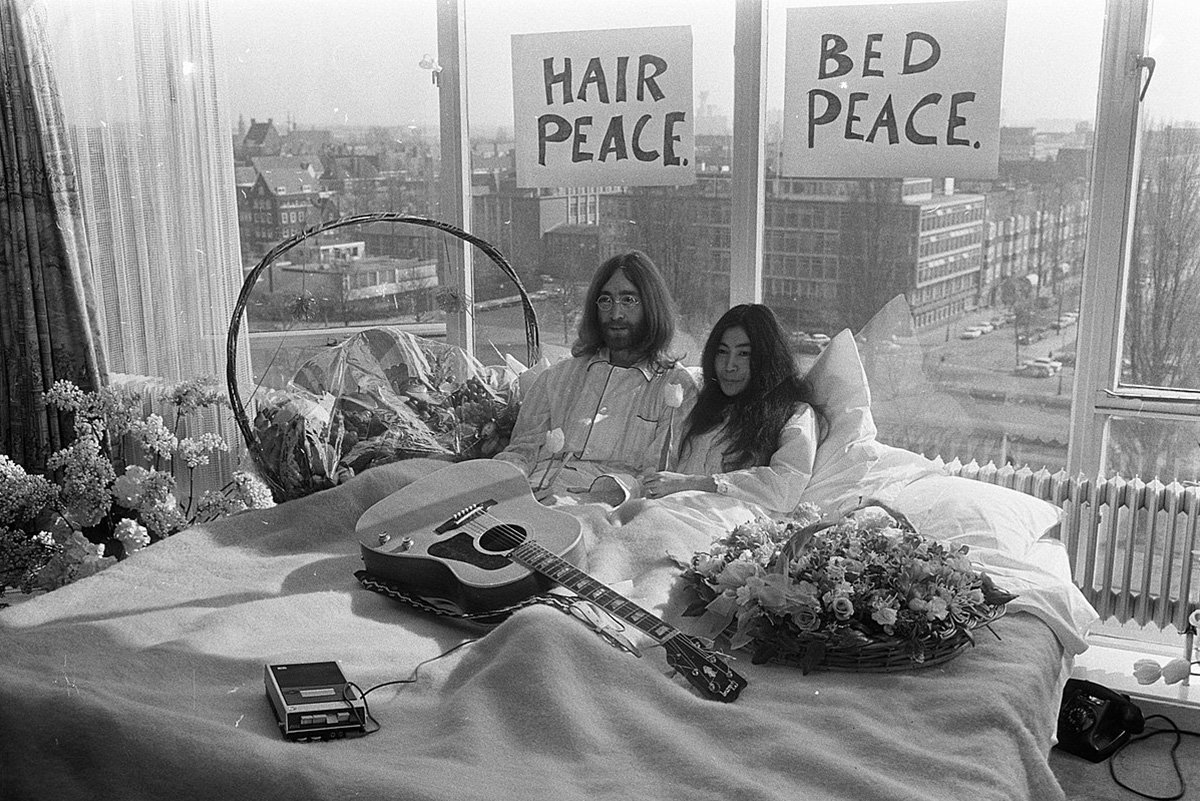
The FBI worried Lennon and Ono were planning a “large rock concert” to be held in front of the convention hall in Miami Beach where the Republican National Convention was to be held. The FBI believed such a concert would interfere with the upcoming presidential election, according to FBI records.
The FBI tapped Lennon’s phone and agents frequently followed him, not bothering to hide their presence. In interviews with the press, Lennon voiced his concern that the FBI wanted him to feel afraid, knowing they watched his every move.
“When it first started, I was followed in a car and my phone was tapped,” Lennon said in a 1975 interview. “I think they wanted me to notice, to scare me.
“And I was scared. Paranoid.”
In addition to his political goal of peace, Lennon wanted American citizenship. While fielding FBI agents, Lennon and Ono also tried to navigate the Immigration and Naturalization Service. But Lennon was fighting a drug charge in his home country, leading the INS to initiate deportation proceedings.
The INS stressed to the FBI that Lennon would be “more likely to be immediately deportable” should he be arrested in the US for possession of drugs, according to FBI records. FBI documents also include a wanted poster-style page on Lennon, listing his physical description and featuring a photograph of singer David Peel, whom agents apparently mistook for Lennon.
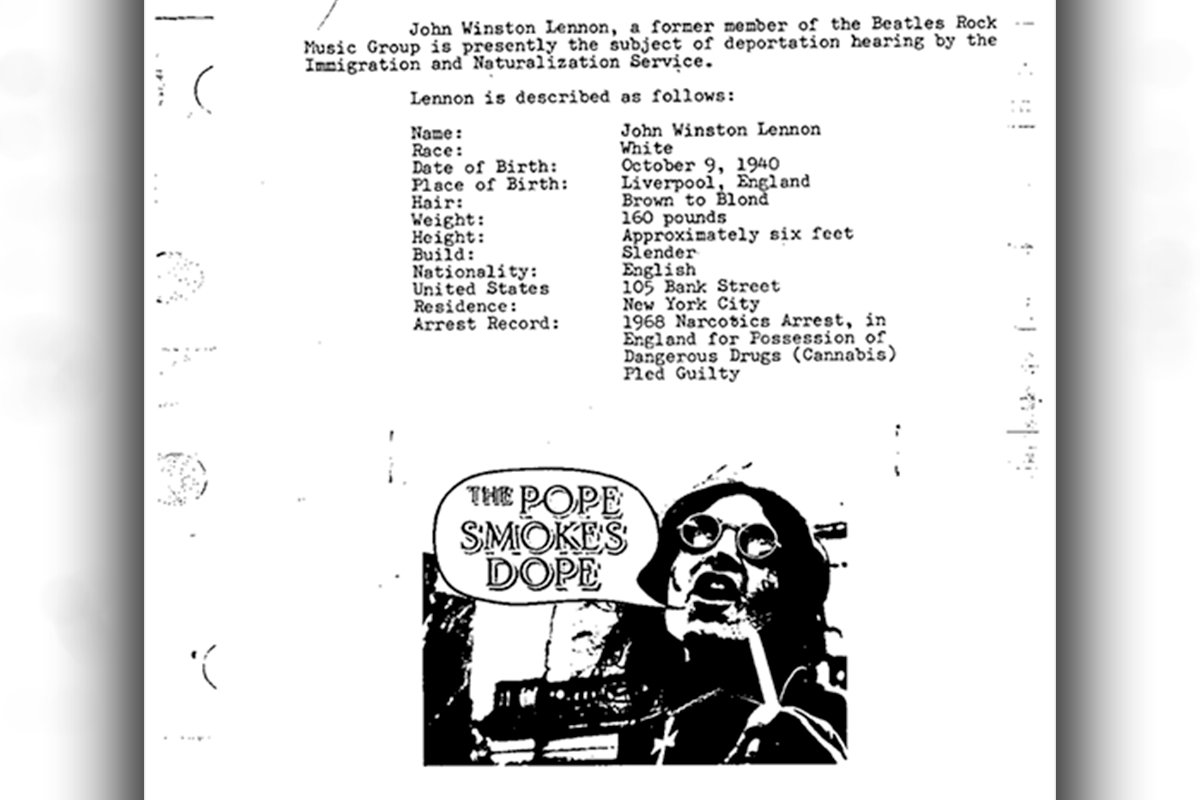
The same fame that made Lennon a formidable foe for the Nixon administration is also believed to be the reason most of the deportation proceedings stayed out of the public eye. According to the 2006 documentary The U.S. vs. John Lennon, a Nixon official warned the deportation of a favored rock star would result in massive amounts of bad press.
Hundreds of protesters were ultimately arrested outside the Republican National Convention, but Lennon and Ono were not among them. They continued fighting the INS for years until Lennon received his green card in 1976. He lived happily in the United States for four more years until a deranged fan shot and killed him.
Within hours of Lennon’s death, a crowd of nearly 1,000 people had gathered outside his apartment building. Many softly sang or hummed his songs. Soon, the crowd was flashing peace signs and chanting, “All we are saying is give peace a chance,” a line from the iconic song that had helped land Lennon in the FBI’s crosshairs almost a decade prior.
Read Next:
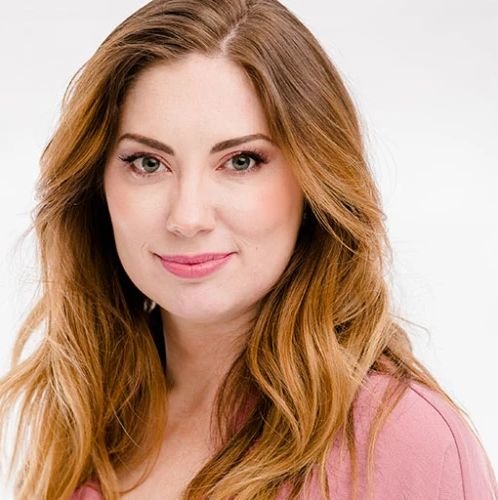
Lauren Coontz is a former staff writer for Coffee or Die Magazine. Beaches are preferred, but Lauren calls the Rocky Mountains of Utah home. You can usually find her in an art museum, at an archaeology site, or checking out local nightlife like drag shows and cocktail bars (gin is key). A student of history, Lauren is an Army veteran who worked all over the world and loves to travel to see the old stuff the history books only give a sentence to. She likes medium roast coffee and sometimes, like a sinner, adds sweet cream to it.
BRCC and Bad Moon Print Press team up for an exclusive, limited-edition T-shirt design!
BRCC partners with Team Room Design for an exclusive T-shirt release!
Thirty Seconds Out has partnered with BRCC for an exclusive shirt design invoking the God of Winter.
Lucas O'Hara of Grizzly Forge has teamed up with BRCC for a badass, exclusive Shirt Club T-shirt design featuring his most popular knife and tiomahawk.
Coffee or Die sits down with one of the graphic designers behind Black Rifle Coffee's signature look and vibe.
Biden will award the Medal of Honor to a Vietnam War Army helicopter pilot who risked his life to save a reconnaissance team from almost certain death.
Ever wonder how much Jack Mandaville would f*ck sh*t up if he went back in time? The American Revolution didn't even see him coming.
A nearly 200-year-old West Point time capsule that at first appeared to yield little more than dust contains hidden treasure, the US Military Academy said.












